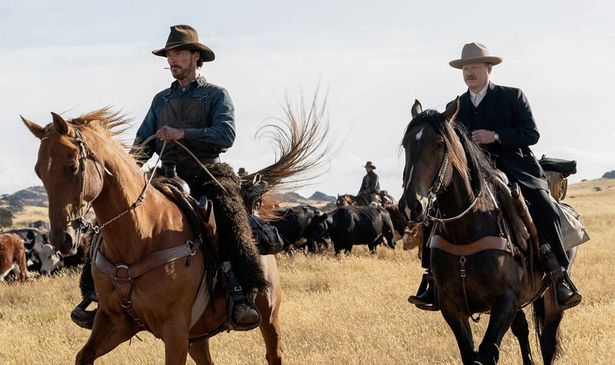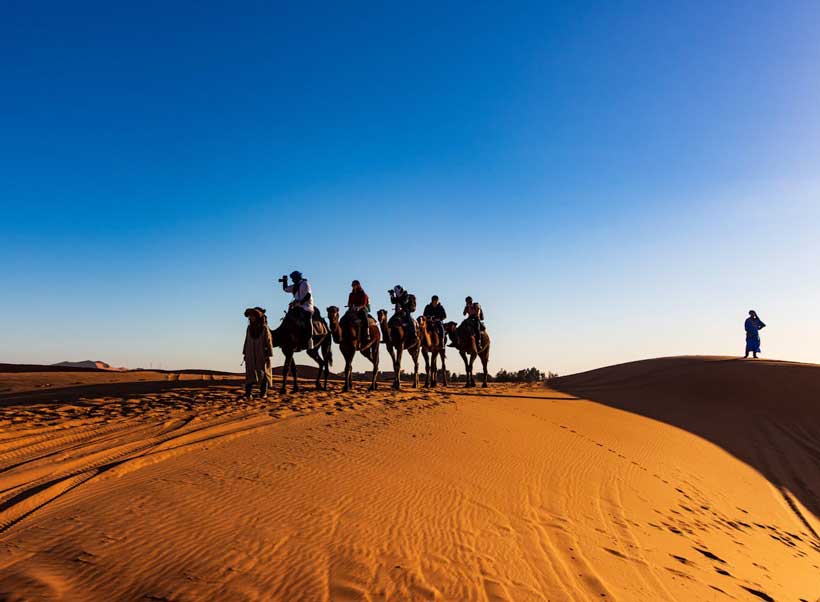The Moroccan autonomy proposal, which has been advanced as a “realistic” solution to the Western Sahara conflict, reflects a deeply flawed understanding of international law, decolonization, and regional stability. Far from offering a genuine path to peace, the autonomy plan is a strategic repackaging of occupation that violates the Sahrawi people’s right to self-determination and undermines the very foundations of international order.
The Moroccan autonomy proposal is premised on denying the Sahrawi people their inalienable right to self-determination. This right is not aspirational—it is enshrined in international law, including the UN Charter, the International Covenant on Civil and Political Rights, and UNGA Resolution 1514 (XV), which mandates the immediate and unconditional end of colonialism. The International Court of Justice (ICJ), in its 1975 advisory opinion, found no legal ties of sovereignty between Morocco and Western Sahara, reinforcing the principle that sovereignty must be decided by the people of the territory, not imposed by external actors.
Even on its own terms, Morocco’s proposed autonomy lacks credibility. In Morocco the king rules, and in the Moroccan constitution there are red lines (especially concerning the monarchy and Western Sahara) that cannot be crossed. The idea that such a system could guarantee democratic freedoms, autonomy, and political rights to Sahrawis is implausible.
Moreover, Rabat has not implemented meaningful decentralization within Morocco itself, making the Western Sahara “autonomy” claim look more like a political smokescreen than a genuine offer. How can Morocco offer regional autonomy while denying it in other regions in Morocco?
The 1991 UN-brokered peace agreement was based on a clear premise: a referendum allowing Sahrawis to choose between independence, integration with Morocco, or autonomy. Morocco initially agreed to this but has since blocked all efforts to hold a credible vote. Now it seeks to erase independence as an option entirely. This is not negotiation—it is blackmail. The Sahrawi people, through their recognized representative, the Frente POLISARIO, continue to demand the referendum they were promised.
The Moroccan occupation of Western Sahara since 1975 constitutes a textbook case of colonial acquisition of territory by force. Supporting Morocco’s autonomy plan is not a neutral act—it legitimizes the notion that military occupation can eventually be sanitized through diplomatic delay and political rebranding. This directly undermines international norms established after World War II to prevent wars of conquest.
If the international community endorses this model in Western Sahara, what prevents other states from using similar tactics? The implications for global peace and conflict resolution are deeply concerning.
Perhaps most troubling is the erasure of Sahrawi voices from the autonomy discourse. The overwhelming majority of Sahrawis, both in the occupied territories and in refugee camps in Algeria, reject Morocco’s proposal. They see it not as compromise, but as capitulation. Peace cannot be imposed through coercion; it must be built on consent. To impose autonomy without a referendum is to deny Sahrawis their most basic political agency.
The European Union, which has long presented itself as a defender of international law and multilateralism, is uniquely placed to play a constructive role in resolving this conflict. A just and lasting solution in Western Sahara would not only align with the EU’s normative values—it would serve its strategic interests.
First, stability in the Maghreb is essential for European security. The region is geographically close, interconnected via migration routes, and strategically situated near Europe’s southern flank. Instability in Western Sahara, if left unresolved, continues to fuel regional tensions and prevents effective regional cooperation.
Second, Western Sahara is rich in resources that are important to the EU, including fisheries, phosphates, agriculture, and renewable energy (especially solar and wind potential). The EU has been embroiled in repeated legal disputes over trade and fisheries agreements involving Western Sahara, which European courts have ruled cannot be applied to the territory without the consent of its people. A political resolution grounded in international law would finally end these legal and ethical challenges.
Third, resolving the Western Sahara issue would create a foundation for genuine regional integration. A stable, cooperative Maghreb—encompassing an independent Sahrawi Republic, Algeria, Tunisia, Mauritania, Libya, and Morocco—could emerge as a reliable partner to the EU, offering a bloc of stability, trade, and renewable energy cooperation. Such a development would support the EU’s ambitions for a sustainable, secure, and diversified energy transition.
Fourth, a lasting resolution would also help the EU manage migration more humanely and effectively. Stability and economic development in the Maghreb reduce the drivers of irregular migration. Yet the continued occupation and marginalization of the Sahrawi people contribute to regional insecurity, frustration, and radicalization risks—pressures that ultimately impact Europe.
Finally, the EU must protect its credibility. Supporting Morocco’s autonomy plan while ignoring UN resolutions and EU court decisions undermines the Union’s claims to be a values-based global actor. If Europe allows geopolitical convenience to trump principle, it erodes trust in its foreign policy and emboldens others to disregard international norms.
Rather than doubling down on flawed frameworks, the international community—especially the European Union—should explore innovative, justice-based solutions that prioritize regional cooperation and free association. A revived Maghreb Union could serve as a model of post-colonial regional integration. But such a vision can only be realized once the colonial injustice in Western Sahara is addressed through genuine decolonization, not disguised through autonomy.
The autonomy proposal is not a step toward peace—it is a sophisticated attempt to entrench occupation and delay justice. It is rooted in imperial logic, not international law. It ignores the clear legal, moral, and political rights of the Sahrawi people to choose their own future.
If the world truly believes in justice, peace, and the rules-based international order, it must stop rewarding colonial conquest. It must uphold its commitment to decolonization and demand a fair, credible referendum that includes independence as an option.
To accept anything less is to betray the Sahrawi people—and the principles on which global peace and European credibility depend.




